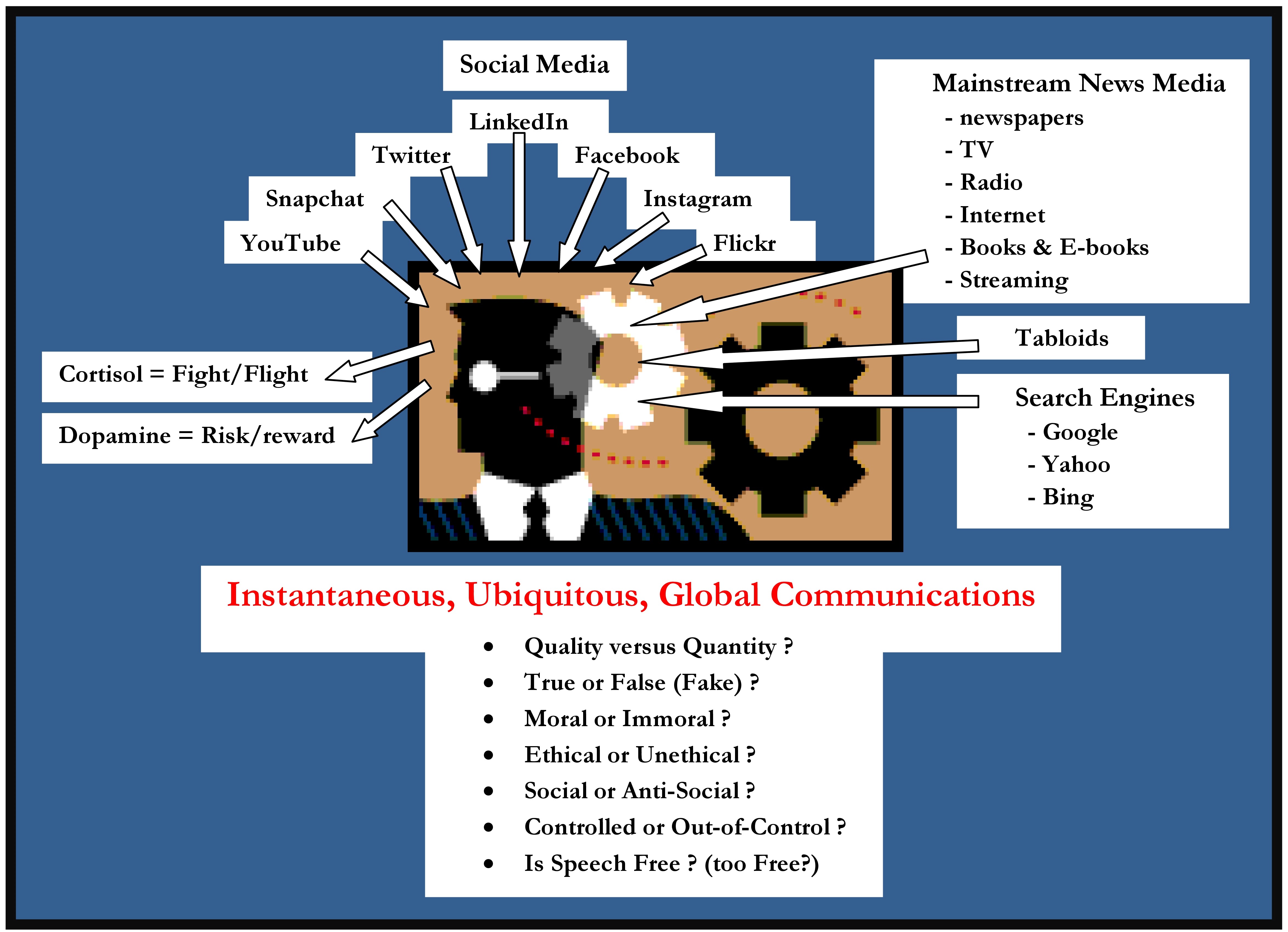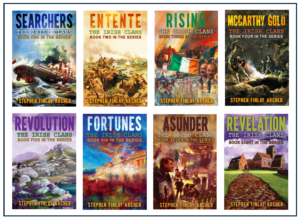Is the Internet Broken?

My father was an English and music teacher who considered television to be a disastrous curse on humanity. We were the last family in the community to have one in the 1950’s. I had to sneak out to my friend John’s home to watch Sagebrush Trail. Father finally acquiesced but insisted that we only watch the Hallmark specials and Toronto Maple Leaf hockey games.
In the early 1960’s John F. Kennedy was the first president to regularly use television for communication with our fellow citizens. Yet he also spoke out about the potential misuse of this new medium. My father felt vindicated.
The internet was established in the 1970’s with essentially no mechanisms to control its usage. Recently, Evan Williams, co-founder of Twitter declared that the Internet is broken. He is establishing a parallel internet called Medium, where there are controls on content quality, morality and ethics. As he says, “Would you build a house without a front door lock? Then why didn’t we lock the internet.” Evan is having difficulty finding a funding mechanism that is profitable and which retains the quality of the product
At the commencement speech at MIT this Spring, Apple CEO Tim Clark encouraged the graduates to use technology for good.”Most of the time [technology] is a force for good,” Cook said. “But the potential adverse consequences are spreading faster and cutting deeper than ever before. Threats to our security, threats to our privacy, fake news, and social media that sometimes becomes anti-social.”
A recent 60 minutes segment entitled “Brain Hacking” explored the subliminal and psychological efforts by companies like Goggle to persuade users to constantly check their phones where sales pitches for many products are imbedded. Tristan Harris, a former search engine product manager had this to say, “Inadvertently, whether they (software and search engine companies) want to or not, they are shaping the thoughts and feelings and actions of people. They are programming people. There’s always this narrative that technology’s neutral. And it’s up to us to choose how we use it. This is just not true.” These companies are stimulating dopamine (risk/reward) and cortisol (fight/flight) mechanisms in our brains.
As Bob Dylan once wrote, “the times they are a changin,” in the 1920s with the widespread advent of the telephone and radio, in the 1950’s and 60’s with the advent of television, in the 1970’s and 80’s with the widespread advent of personal computers and now in the 2010’s with the usage of the internet and related social media. Now, we are overloaded with instantaneous and ubiquitous communications from all sides in business, politics, sports, etc.
Tristan Harris summed it up, “the constant distractions of apps and emails are ‘weakening our relationships to each other,’ and ‘destroying our kids ability to focus’.
So why does an historical fiction author concern himself with the state of communications in our country and the world? Firstly because I was part of the teams of aerospace contractors that built the satellite infrastructure that is the conduit of our present communications systems. And the aerospace business developed the first microchips that have evolved to make our smart phones and tablets possible.
More importantly, I see the abuse of these systems which leads to moral and ethical decay of our civilization, being broadcast to billions of people worldwide. That is one reason why I am writing about the Irish revolution, a time of high ideals and motives to re-establish a free and just society.
We would be wise to learn from history before it is too late.




















0 Comments